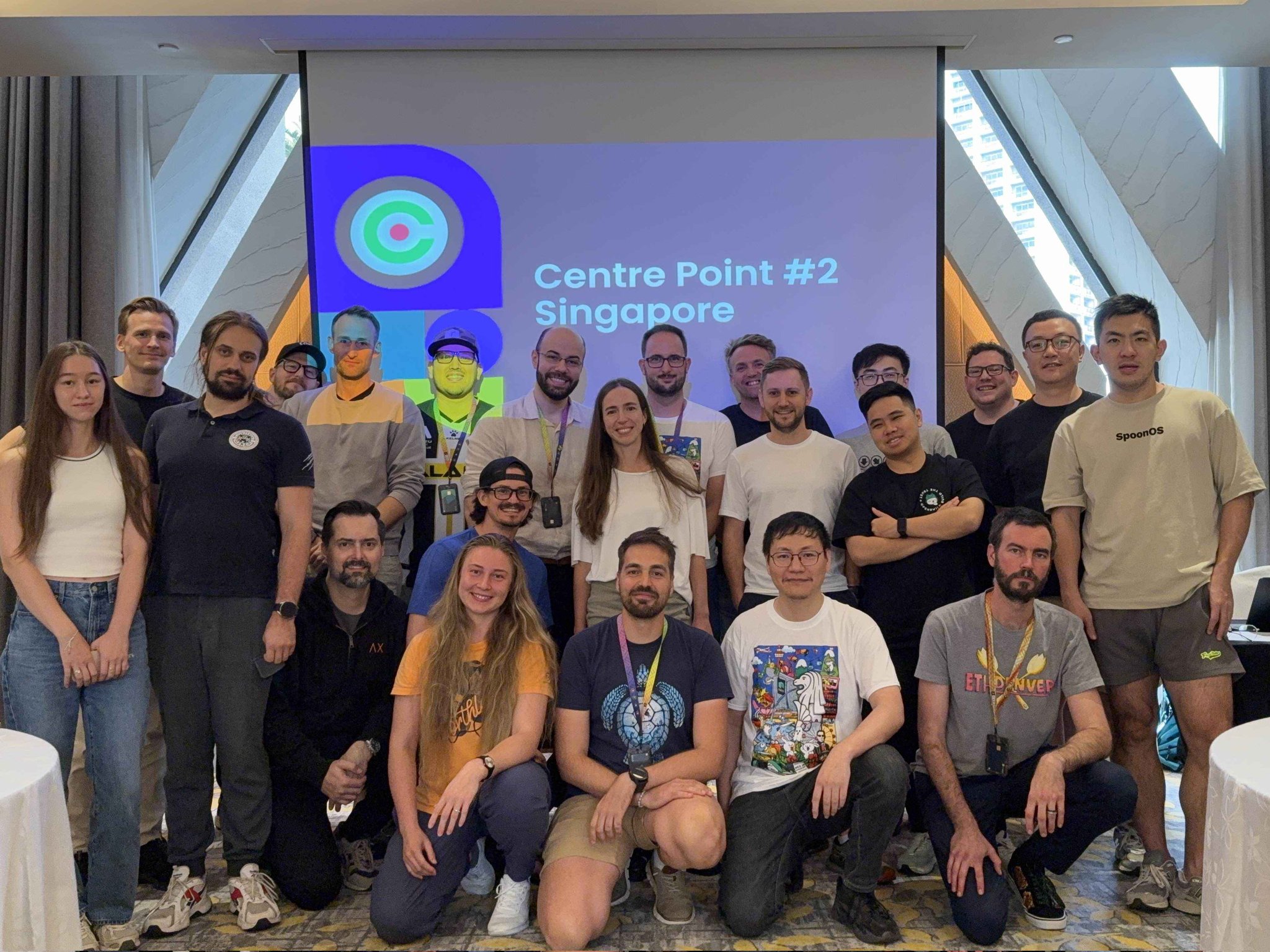Neo co-founder Erik Zhang has released a draft roadmap for Neo 4, presenting it as a blockchain platform designed for real-world adoption at scale.
The roadmap marks Zhang’s return to Neo after a multi-year break. The plan emphasizes asset tokenization, enterprise finance, cross-chain infrastructure, and new applications spanning payments, trading, and gaming.
Zhang recently expressed dissatisfaction with the state of the Neo ecosystem. On X, Zhang shared his belief that the absence of EVM compatibility was never the main obstacle to Neo’s adoption, a point he feels has been proven following the launch of Neo X, and offered his perspective on the reasons behind Neo’s decline.
Ecosystem development
The roadmap puts strong emphasis on application suitability over base technology. It highlights real-world assets as a priority, with Neo aiming to support tokenization of real estate, bonds, intellectual property, and other tangible assets.
Zhang noted that collaboration with regulators and financial institutions will be key to ensuring compliance and liquidity. To support transparency, mechanisms for asset evaluation and auditing are also planned.
Enterprises are another focus, with proposals for digital asset treasury solutions that reduce the cost and risk of cross-border operations. These would include enterprise-grade tools for asset management, with smart contracts enabling automated functions such as dividend distribution and bond interest payments.
Stablecoins are positioned as a gateway for mainstream users and businesses into Web3. The plan supports multiple models, including fiat-backed, commodity-backed, and algorithmic stablecoins, with use cases in payments, cross-border settlement, and DeFi.
The roadmap also notes the need for low-latency, cross-chain bridge support with networks such as Bitcoin and Ethereum, and compliant models that balance KYC and anti-money laundering requirements with privacy protection.
In gaming, Neo intends to build a cross-game interoperability layer for assets and work with developers to integrate NFTs into existing in-game economies, expanding GameFi adoption.
Technology development
At the consensus layer, the proposal for Neo 4 would introduce a dynamic block interval that adjusts block production speed based on network load. This would allow for increased throughput during periods of high demand and reduced production when demand is low, limiting state growth.
At the execution layer, NeoVM 2 is planned as a next-generation virtual machine with RISC-V compatibility, fine-grained gas metering, and improved cost efficiency. Adoption of RISC-V would allow Neo to onboard existing developer infrastructure and applications, improve efficiency, and enhance support for zero-knowledge proofs.
NeoVM 2 is also proposed to introduce standardized token interfaces, customizable charging models for contracts, and research into post-quantum cryptography.
Application-layer features include a whitelist of free-to-use contracts, designed to encourage stablecoin usage in payments, a zero-knowledge identity verification system for privacy-preserving compliance, and a zk-Oracle upgrade for more secure integration of off-chain data.
Economic changes are also proposed, including decoupling staking rewards from governance voting, flexible staking rates, and an updated treasury allocation model for GAS that directs funds toward ecosystem incentives, research, and community growth.
Governance
The draft roadmap proposes expanding the role of the Neo Council, which would oversee node admission, network parameters, and ecosystem coordination. Development decisions would follow a structured workflow in which proposals are submitted, reviewed, tested, and approved by council vote.
NEO holders are described as holding ultimate supervisory authority through referendum powers, including the ability to re-elect or dissolve the council. The plan also mentions potential exploration of Layer-2 governance to increase community participation.
Centre Point Singapore
The roadmap is one of the topics under discussion at Centre Point Singapore, the second community-driven initiative to foster meaningful collaboration and progress.

Zhang flew to Singapore to join the brainstorming sessions, which include talks on council responsibility and accountability, interoperability with other networks, and SpoonOS.
The full draft roadmap can be read at the following link:
https://github.com/neo-project/neo/issues/4198







